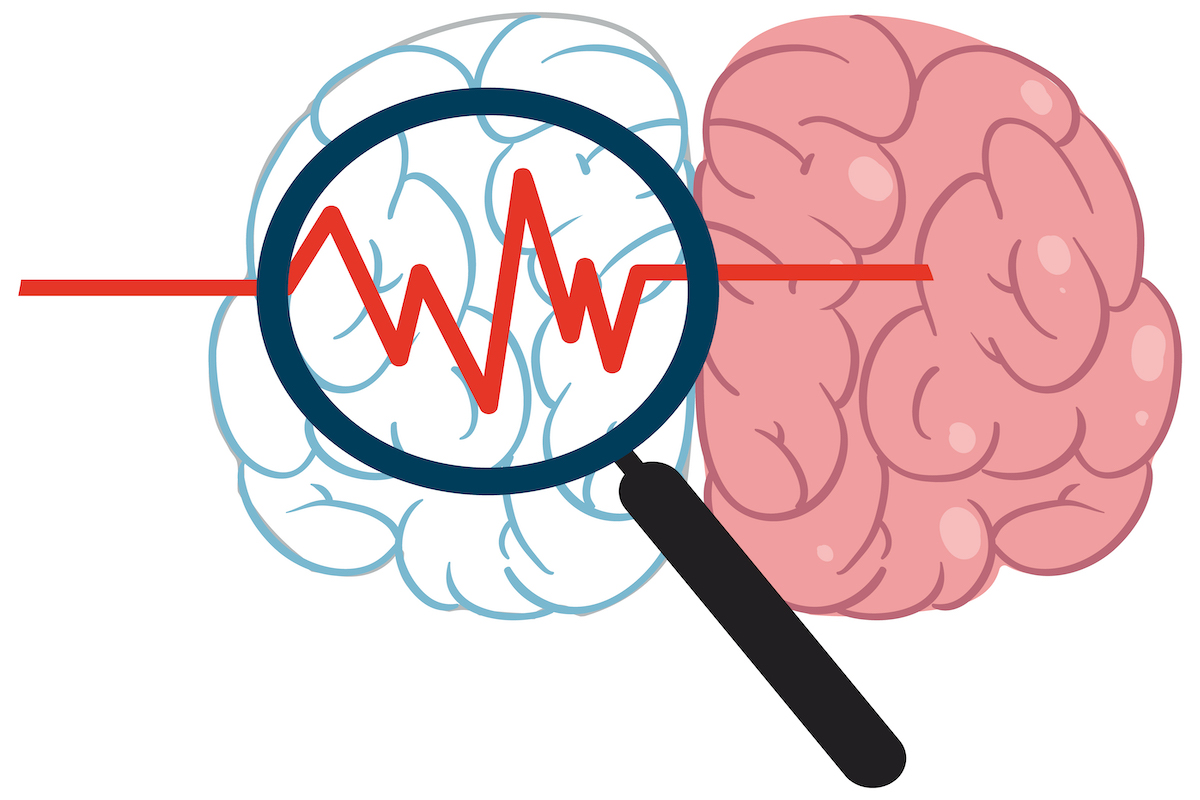Pseudobulbar Affect (PBA) can happen to people who have certain brain conditions or injuries. Those most at risk are people with neurological diseases like multiple sclerosis (MS), amyotrophic lateral sclerosis (ALS), Parkinson’s disease, or Alzheimer’s disease. It can also affect people who have had a stroke or a traumatic brain injury. These conditions or injuries disrupt the brain’s ability to control emotions, which increases the chances of developing PBA. While it doesn’t affect everyone with these conditions, it’s more common in people with serious brain changes.
 Symptoms of Pseudobulbar Affect
Symptoms of Pseudobulbar Affect
You can recognize Pseudobulbar Affect by its two most common symptoms: sudden, uncontrollable laughing or crying episodes. These emotional outbursts often don’t match how the person feels inside and can happen in situations where they seem out of place. Some people may experience only laughing or only crying, while others have episodes of both at different times. Other common symptoms include:
- Emotional episodes that start and stop suddenly.
- Laughing or crying that feels exaggerated or too intense.
- Difficulty controlling emotions in social settings.
- Embarrassment or frustration due to the emotional outbursts.
These symptoms can affect daily life and relationships, making the condition challenging for those who experience it.
How is the condition diagnosed?
Pseudobulbar Affect (PBA) is diagnosed by a doctor based on your symptoms and medical history. The doctor will ask questions about your emotional episodes, like when they happen, how long they last, and if they match how you feel inside. They may also check for other brain conditions or injuries that could be linked to PBA. Since PBA symptoms can look like other conditions, such as depression, the doctor will carefully look at all the details to make sure the diagnosis is correct. Sometimes, tests or brain scans may be used to rule out other problems.
Treatment Options for PBA
Fortunately, PBA is treatable, though it cannot always be completely cured. Treatment focuses on reducing the frequency and intensity of emotional outbursts to improve quality of life. Doctors may prescribe medications specifically approved for PBA, like a combination of dextromethorphan and quinidine, which helps regulate the brain’s emotional signals. Other medications, such as certain antidepressants, may also be used, even if the person isn’t depressed.
In addition to medication, understanding the condition and its triggers can help people manage their symptoms better in daily life. Support from healthcare providers, family, and friends is also important. Want to know more about this, or any othr (brain) condition? Continue your online search here:

